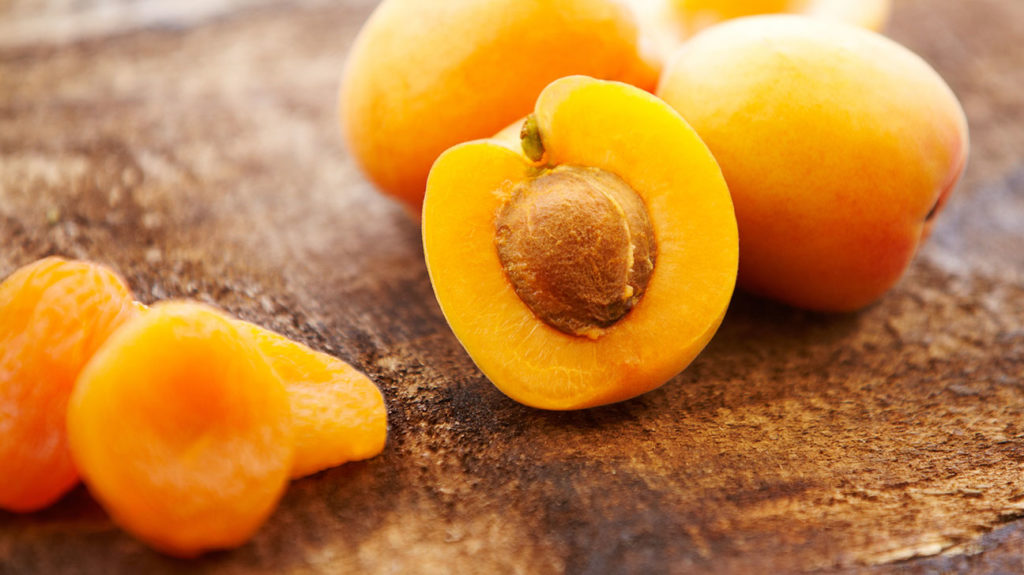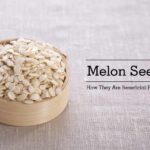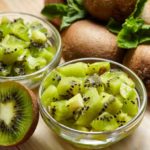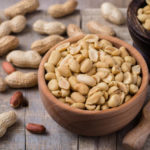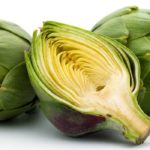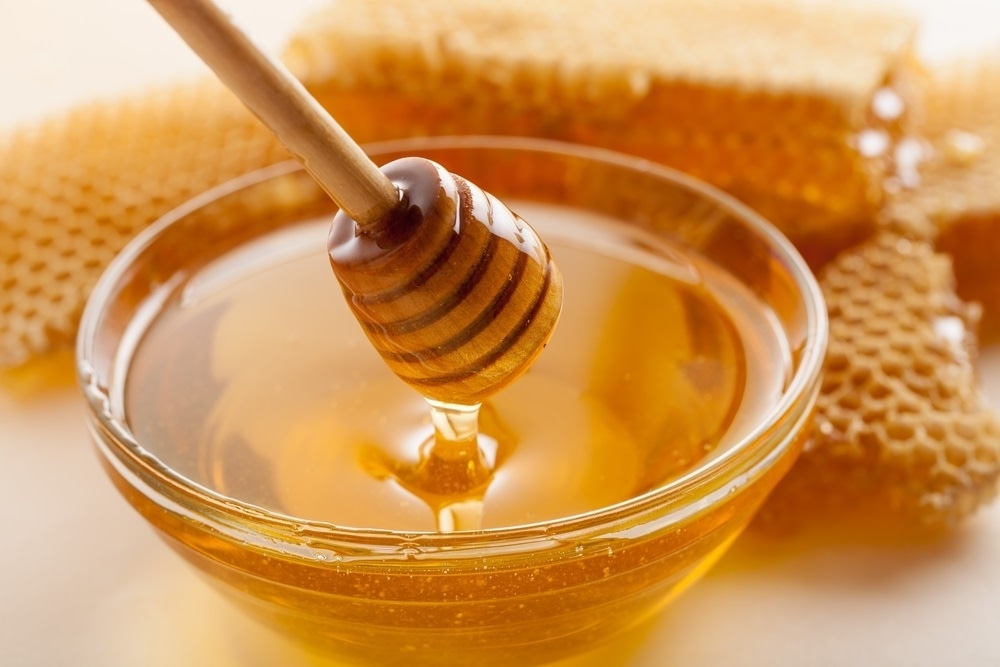Amazing Health Benefits of Eating Apricot
One of the primary benefits of eating apricot is its richness in beta-carotene and because of its source of provitamin A, it is considered as one of the foods for the eyes. It is said that dry apricot ought to have been dried and get them preserved without additives or preservatives so as to avoid various allergic reactions in some sensitive individuals.
History has it that the apricot tree was brought to Greece by Alexander the Great on his return from India after his conquest. From Greece, it got to Rome where its cultivation spread to the Mediterranean region. Apricot is origin to the north China where it grows wild.
In the 18th century, apricot was brought to North America and from there it was taken to the moon by American astronauts.
Common name: Apricock
French: Abricot
Spanish: Albaricoque, damasco
German: Aprikose
Apricot tree fruit (‘Prunus armeniaca’ L.) is from the botanical family Rosaceae. The apricot tree reaches a height of 10 meters.

Apricots can be eaten with the skin but to avoid ingesting chemical products like pesticides which usually seem difficult to remove even by washing it properly; it is recommended to eat organically grown ones.
The color is quite attractive, and it’s delicious sweetness and the pleasant aroma present apricot as one of the favourite fruits to enjoy especially during the summer season.
Apricot composition
Apricot per 100 grams provides the following nutritional values
Energy = 48.0 kcal = 201 kj
Carbohydrates = 8.72 g
Protein = 1.40 g
Fiber = 2.40 g
Vitamin A = 261 µg RE
Vitamin B1 = 0.030 mg
Vitamin B2 = 0.040 mg
Niacin = 0.850 mg NE
Vitamin B6 = 0.054 mg
Folate = 8.60 µg
Vitamin B12 = ___
Vitamin C = 10.0 mg
Vitamin E = 0.890 mg α-TE
Calcium = 14.0 mg
Magnesium = 8.00 mg
Phosphorus = 19.0 mg
Iron = 0.540 mg
Potassium = 296 mg
Zinc = 0.260 mg
Saturated Fat = 0.027 g
Total Fat = 0.390 g
Cholesterol = ___
Sodium = 1.00 mg
This information is based on % daily value provided by 100 grams of apricot
SEE ALSO: Nutritional Value of Vegetables
Apricot percentage (%) Composition
Fiber = 2.4%
Minerals = 0.750%
Carbohydrates = 8.72%
Protein = 1.40%
Fat = 0.390%
Water = 86.4%
Properties of Apricot
Did you know that one of the benefits of eating apricot is because it makes good part of diet for weight loss? This is because it has a low calorie content which is about 48 kcal /100 grams.
It equally has an amazing alkalizing effect which has to do with its alkaline mineral salts richness. Apricot also has low sodium content but quite high in potassium.
The presence of various trace elements of amazing psychological importance is also one of the benefits of eating apricot. Such trace elements include manganese, cobalt, fluorine and boron. Apricot is rich in sugars such as fructose and glucose.
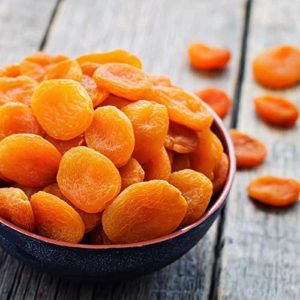
Dried apricot is good source of protein reaching up to 5%. It is also an important iron source which is one of the primary minerals. However, the most important component of apricot is beta-carotene or simply known as provitamin A.
It is this important component that provides most of its therapeutic benefits whether fresh or dried. It is this beta-carotene or provitamin A that gives most of the benefits of eating apricot.
Indications and Benefits of Eating Apricot
The following are some of the indications and the benefits of eating apricot. They are:
- Anemia
- Eye Disease
- Mucosa and skin disorders
- Digestive disorders
- Nervous disorders
Anemia
Anemia is as a result of lack of iron. It is noteworthy that the iron content of fresh apricot is somewhat minimal while dried apricot is quite rich in iron. Therefore, among the benefits of eating apricot is its use in treating anemia which is quite effective due to some other substances in apricot that facilitate the iron absorption.
According to Jean Valnet, a French physician who studied phytotherapy and diet therapy, he stated that apricot provides similar results as those of beef liver in anemia cases due to lack of blood.
However, it is said that the amounts of provitamin A and iron contained in apricot are somewhat small in quantity compared to the large amounts the pharmaceutical preparations may hold but regular intake of apricot is quite beneficial.

Benefits of eating apricot has been scientifically proven since the presence of vitamins, minerals and various chemical substances can be found in a natural food such apricot.
As it is, the results obtained from the consumption of natural whole foods are quite superior to those obtained through pharmaceutical preparations.
Eye Disease
In cases of diseases of the eye, regular consumption of apricot is able to maintain vision in good condition because apricot gives sparkle and beauty to the eyes. And this is brought by the action of provitamin A and other vitamins and minerals.
As a matter of fact, some other benefits of eating apricot is because it is recommended in cases of chronic irritation or itching of the conjunctiva, conjunctival dryness, loss of visual acuity and also night blindness. The best result can be obtained through the use of apricot treatment which will be listed under preparation and use.
Disorders of the Skin and Mucosa
In cases of the above disorders, apricot is recommended for sinusitis, chronic pharyngitis and eczema. This is may be due to their content of provitamin A.
Digestive disorders
Ripe and fresh apricots also have some astringent properties while dried apricots are quite laxative. This is also one of the benefits of eating apricot.
Nervous Disorders
Another one among the benefits of eating apricot is its properties of maintaining equilibrium within the nervous system. This is the reason for its recommendation in cases of depression, asthenia, lack of appetite and nervousness.
Some effects are brought or can be attributed to the trace elements found in apricot.
Preparation and Use
- Apricot can be eaten fresh and also when it is ripe
- It can be eaten dried
- Preserves: Marmalade and compotes
- Apricot treatment: It can be done over the course of 15 days by eaten one pound of ripe apricots on a daily. It may be consumed with toasted bread.
According to dryingallfood.com, vitamin K found in dried apricot helps in blood clotting.
Caution!
When apricots are green they seem indigestible. Therefore, it is recommended to eat them ripe. Again, industrial drying process includes sulfides which are used as preservatives and this may trigger asthma attacks in individuals that are somewhat allergic.
READ MORE:
Worst Foods for Rheumatoid Arthritis

A graduate of Computer Science and Information Management Technology. Diploma – Caregiving, Certificates – Dementia and Diabetes Awareness and Management. A researcher, blogger, songwriter, singer and acoustic guitarist. Born in an environment where natural talents such as healing are imparted at our natural birth. This natural talents of healing is the result of our genetic inheritance and the training from family environment.

